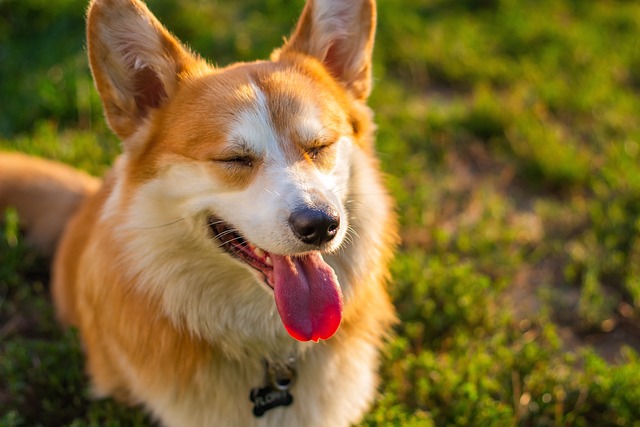
How do i train my dog to be obedient?
Watching your dog dart across the park ignoring your calls isn’t just frustrating—it can put them at risk near busy streets or public spaces.
Training a corgi puppy to handle their business in the right spot can feel like a daunting task for new pet parents, but with consistency, it’s totally doable. Those short legs and fluffy butts are hard to resist, but cleaning up accidents? Not so much. The key is to remember that your little corgi is still learning—their tiny bladder and developing brain need clear guidance to understand where “potty time” belongs.
Corgi puppies, like all young dogs, have limited bladder control. A good rule of thumb? A 12-week-old corgi can hold it for about 3-4 hours, tops. That means they’ll need frequent potty breaks—first thing in the morning, right after naps, 15-20 minutes after eating, and right before bed. Their bodies run on a schedule, so syncing your routine with theirs helps them learn when to expect a chance to go.
 Start by picking a consistent spot, whether it’s a designated area in your yard or a puppy pad in the bathroom. Take them there every time, using a simple phrase like “go potty” so they associate the words with the action. When they do their business in the right place, celebrate big—cheer, give a tiny treat, or offer extra pets. Positive reinforcement makes them want to repeat the behavior, which is way more effective than scolding.
Start by picking a consistent spot, whether it’s a designated area in your yard or a puppy pad in the bathroom. Take them there every time, using a simple phrase like “go potty” so they associate the words with the action. When they do their business in the right place, celebrate big—cheer, give a tiny treat, or offer extra pets. Positive reinforcement makes them want to repeat the behavior, which is way more effective than scolding.
Never punish your corgi pup for accidents. Yelling or rubbing their nose in it can make them scared to go in front of you, leading them to hide when they need to go. Instead, calmly clean up with an enzymatic cleaner to remove the scent—if they smell their previous mistake, they might think that spot is fair game again. This kindness builds trust, which is crucial for successful potty training.
Once your corgi has all their vaccinations (check local laws—most places require shots before public outings), take them outside more. Community parks and sidewalks mean you’ve got to bring poop bags—always clean up after them. In apartments, stick to your pad or designated corner to avoid upsetting neighbors with odors. Consistency here keeps both your pup and community happy.
Potty training a corgi puppy takes patience, but those “good job!” moments make it worth it. Stick to the schedule, reward the wins, and remember: even the smartest corgis need time to learn. Before you know it, they’ll be trotting to their spot like a pro.

Watching your dog dart across the park ignoring your calls isn’t just frustrating—it can put them at risk near busy streets or public spaces.

New puppy owners often find themselves rushing to clean up accidents before they set in, and that’s where puppy pad training becomes a game-changer.

If you've noticed your dog's waistline disappearing and your veterinarian has mentioned those few extra pounds, your first instinct might be to simply reduce the amount of food in their bowl.

Training a dog to use a designated spot indoors isn’t as daunting as many new owners fear, but it does take consistency and an understanding of your pet’s needs.

That moment of dread on a walk is all too familiar for many new dog owners. You see another dog approaching down the sidewalk of your neighborhood

If the sight of another dog on your neighborhood walk makes your heart sink as your own dog erupts into a frenzy of barking and lunging, you're not alone.